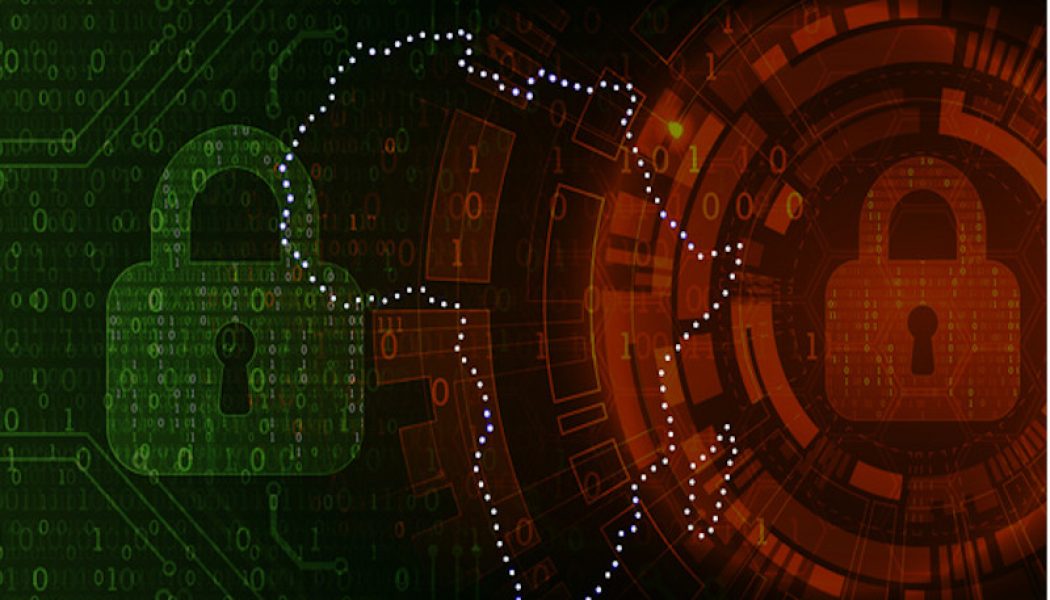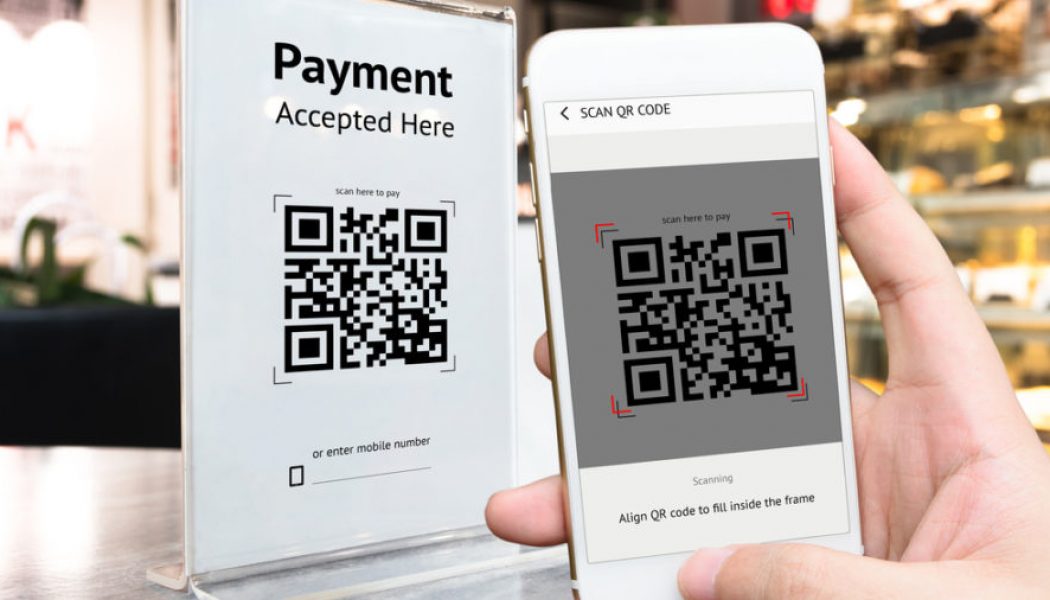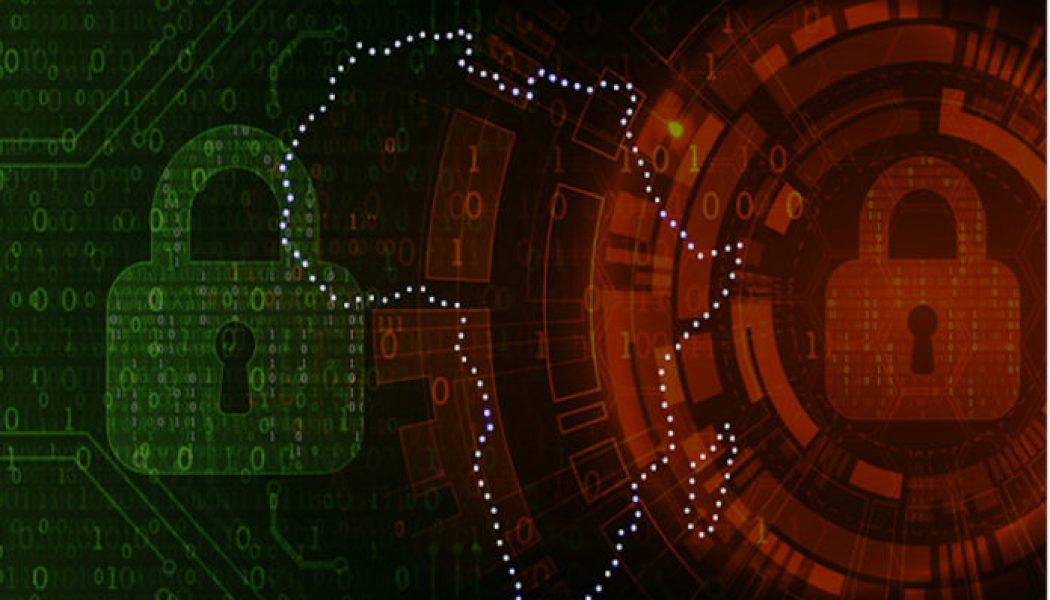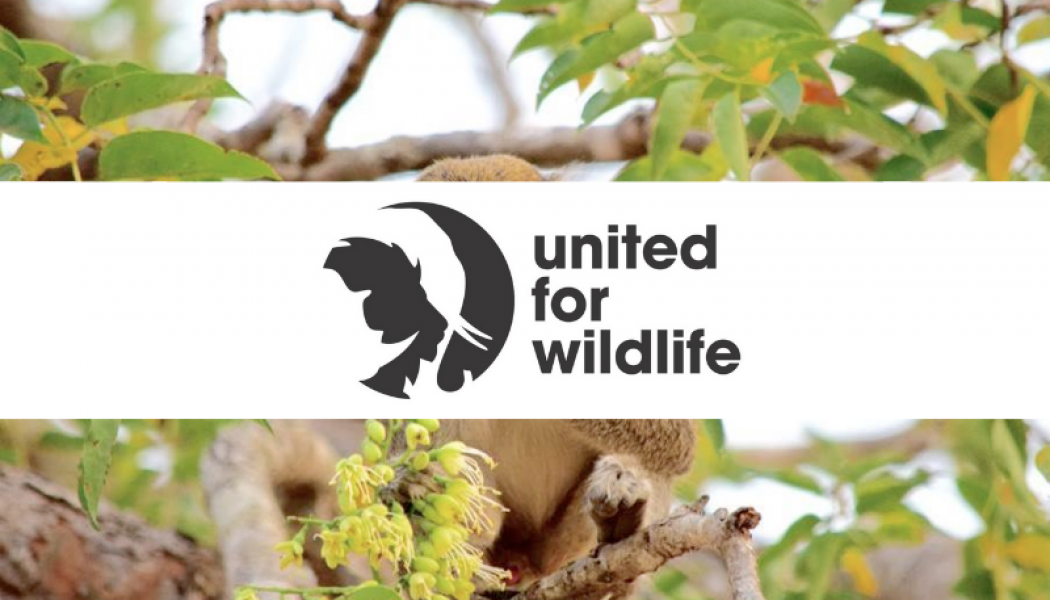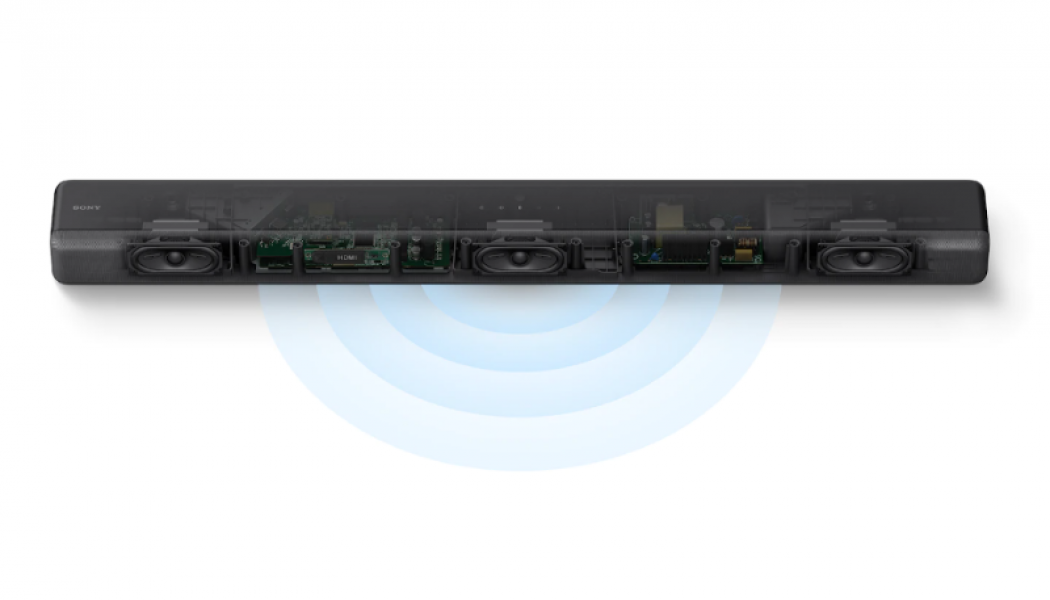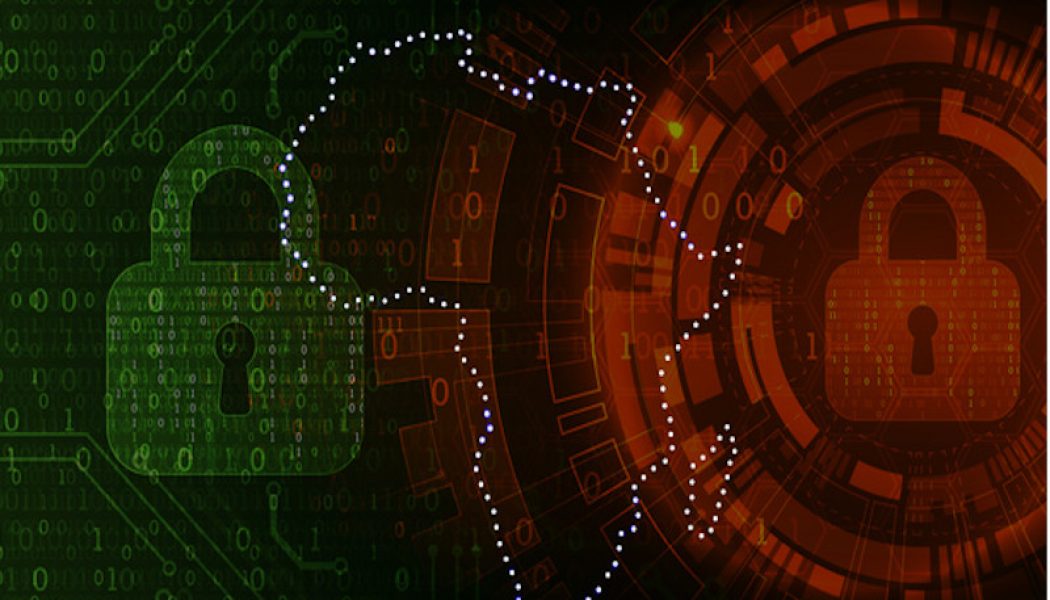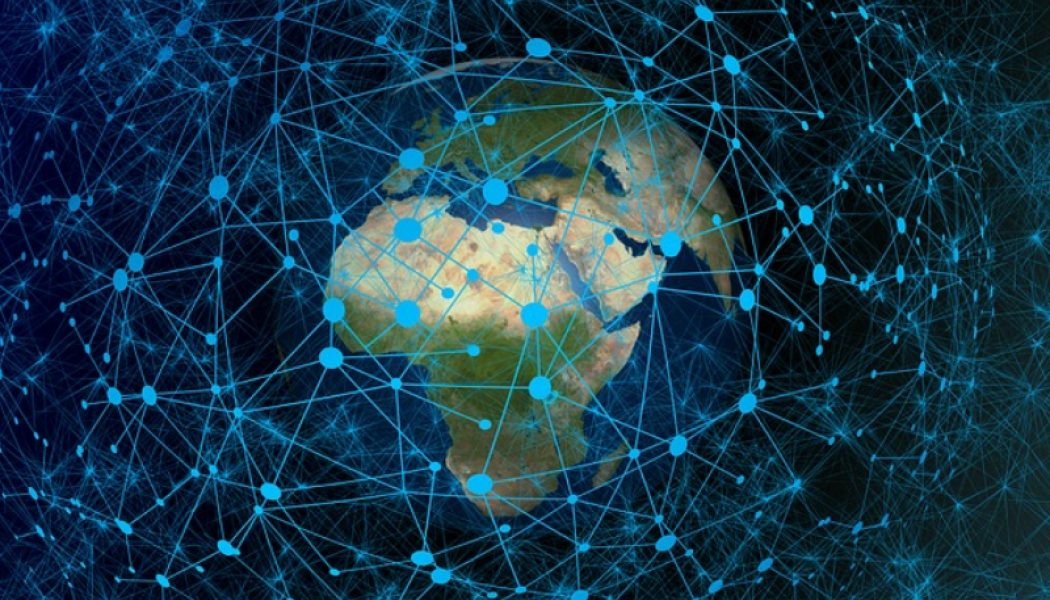Africa By Region
Sony Launches the FX6 Full-frame Camera in Africa
Sony Africa has officially introduced the FX6 (model ILME-FX6V) camera, the latest addition to Sony’s Cinema Line. “The new FX6 is the latest example of Sony’s drive to continuously push the boundaries of imaging technology based on the needs of our customers,” says Murat Gebeceli, Head of Digital Imaging at Sony MEA. “With the advancement of our Cinema Line, we are dedicated to enabling the extraordinary skills and talent of today’s content creators and cinematographers. The FX6 leverages technology from Sony’s industry-leading VENICE cinema camera and marries it with the best of Sony’s innovative Alpha mirrorless camera technology.” The new camera features a 10.2 MP full-frame back-illuminated Exmor R CMOS sensor that delivers a 15+ stop wide dynamic range with high sensitivity and low n...
Understanding Diverse Security Challenges Across Kenya, Nigeria and South Africa
Sourced from IDG Connect As is often said, Africa is not a country – and according to KnowBe4’s annual What Keeps You up at Night Report, what concerns one of the economic powerhouses is not necessarily a priority for the others and it’s an eye-opener around Africa’s diverse security challenges. “It’s a known fact that African countries and organisations are being targeted more actively by cybercriminals, to the level that it’s one of the fastest-growing regions in terms of cybercrime,” says Anna Collard, SVP of Content Strategy at KnowBe4 Africa. “But when you get down to the specifics, the differences between the survey’s continental averages and its three biggest Sub-Saharan economies are quite striking.” Here’s a snapshot look at cyber threats, compliance security, security initiatives...
How COVID-19 could cause a Surge in QR Code Scams
Sourced from Forbes The COVID-19 pandemic has forced organisations all over the world to rethink the way they interact with their consumers. For instance, restaurants have opted to use QR codes so that customers can browse menus on their phone or make contactless payments without risking possible transmission. And now, Check Point is warning mobile users of the security risks of QR codes. The cybersecurity solutions company says that hackers are looking to take advantage of QR codes’ new popularity, by replacing legitimate QR codes with one that launches a malicious URL or tries to download customized malware. A recent survey by MobileIron showed that from March to September 2020, 38% of respondents scanned a QR code at a restaurant, bar or café, and 37% scanned a code at a retailer. Over ...
Is Africa a Goldmine of Cybersecurity Opportunities?
Sourced from IDG Connect Africa presents a wealth of opportunities for startups and innovators looking to address cybersecurity risk across the increasingly digitised continent – according to Anna Collard, SVP of Content Strategy & Evangelist for KnowBe4 Africa. Collard goes on to say that cybersecurity presents an incredible market opportunity in Africa, with the number of Internet users soaring and demand for IT security skills growing rapidly. “Security skills and services are in high demand everywhere. The number of African Internet users will double to one billion by 2022, and global cybersecurity spend will top $170.4 billion in 2022. At the same time, cybercrime is estimated to cost the global economy a total of $6 trillion by next year, and cybercriminals’ interest in Africa is...
Liquid Telecom Joins Forces with Zayo to Expand Network Coverage
Liquid Telecoms has partnered with Zayo, a global communications infrastructure provider. The companies are expected to expand network operations in North America and Europe in addition to their African operations. “We have long been committed to building Africa’s digital future, and know that for African companies to be competitive, they have to be a part of the global digital economy. This strategic partnership will assist many of our African customers who are looking to extend into operations beyond Africa, as well as those customers who already have operations in Europe and the US,” says Liquid Telecom’s Group CEO, Nic Rudnick. This partnership will see both companies adding value for their customers by utilising each other’s network reach. It will also al...
Unpacking Africa’s Mobile Cybercrime Challenge
In mid-2020, Upstream’s Secure-D anti-fraud platform revealed that the total number of malicious mobile applications doubled in the first quarter of the year. The analysis found 29,000 malicious apps (14,500 in 2019), a 55% spike in fraudulent mobile transactions and increased volumes of infected mobile devices. But that wasn’t the bad news. The company also revealed that some smartphones were being sold with malware already pre-installed on the system. Malware that allowed for the devices to subscribe unsuspecting users to services that would result in high data usage and charges. According to Anna Collard, SVP of Content Strategy and Evangelist at KnowBe4 Africa, this growing problem, coupled with low levels of consumer awareness, puts people at significant risk. “In the KnowBe4 Security...
How Telcos are Bringing Inclusion to Africa’s Financial Landscape
Sourced from IDG Connect Mobile financial services are a global game-changer with an open money network being the connection needed between the financial industry and telecom to increase both the commercial and social benefits. As the world grapples with an unprecedented crisis in the form of the COVID-19 pandemic, consumers are cautious to use cash or making a withdrawal from an ATM and agent network. This has given mobile money a new dimension as customers can make payment anywhere at any time with their mobile devices as easy as sending a text message in geographies that are normally unable to benefit from banking structures. This allows customers to seamlessly purchase products or services without having to physically hand over cash or swipe a card. The freedom to send, spend and recei...
How Digital Payments could Foster African Development
The World Bank has estimated that Africa could potentially hold 90% of the global poor population by 2030 and has recently cut its economic growth predictions to between -2.1% and -5.1% in 2020 from the 2.4% of 2019. The situation has been significantly worsened by the global pandemic, as the continent hits its first recession in 25 years. But this is not the picture that defines a continent that has long defied expectation and prediction. In fact, a young population, a growing consumer market, and the rapid movement towards mobile inclusion and connectivity are shifting the conversation. Africa is poised on the cusp of change introduced by mobile and internet technology. Africa has undergone a remarkable journey over the past 30 years. It has not only leapfrogged legacy technolo...


